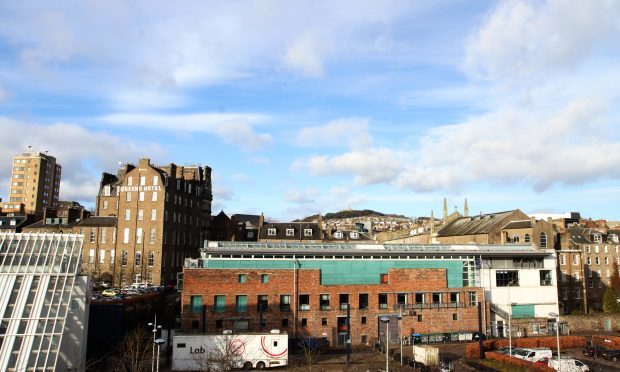Dundee has the lowest employment rate of any city in the UK – and faces thousands of jobs losses due to automation.
A new report by Centre for Cities has laid bare the economic challenges facing Dundee in the coming years.
It reveals the city’s employment rate of 64.1% is so low it would require nearly 10,000 residents to find work to bring it up to the UK figure of 74.2%
However, the Cities Outlook 2018 study warns efforts to get more people into jobs will be hampered by an increasing reliance on machines.
The report, which ranks 63 British cities across a range of economic fields, predicts nearly 25% of jobs in Dundee could be lost to automation by 2030 – more than in any other Scottish city and the eighth highest figure in the UK.
It says sales assistants and retail cashiers are most at risk of being replaced by machines as self-service checkouts become increasingly common.
The report warns Dundee’s economy has a greater reliance on public sector jobs than all other cities in the UK, bar the university towns of Oxford and Cambridge.
There are only 47,000 private sector jobs in Dundee and 30,500 public sector roles.
However, the Cities Outlook 2018 study also offers some glimmers of hope for Dundee.
The number of private sector jobs in the city last year rose by 5% from 44,500 the previous year, the seventh highest rise recorded in the UK.
Average weekly wages also increased by £14 from 2016 to 2017, the fourth highest rise in the UK.
Dundee also has the fourth highest penetration rate for ultra-fast broadband in the UK with 92.9% of homes able to access it.
Andrew Carter, chief executive of Centre for Cities, said: “Automation and globalisation will bring huge opportunities to increase prosperity and jobs but there is also a real risk that many people and places will lose out.
“The time to act is now – national and local leaders need to ensure people in cities across the north and Midlands can share in the benefits these changes could offer.
“In an ever more divided country, it’s increasingly clear that a one-size-fits-all approach from central government is inadequate to address the myriad issues that different places face.”
A Scottish Government spokesperson said last night: “We are investing in our cities and regions to help their economies and communities prosper and flourish both now and in the future. Our investments in City Region Deals are designed to protect and enable our city regions to develop world leading expertise…”
